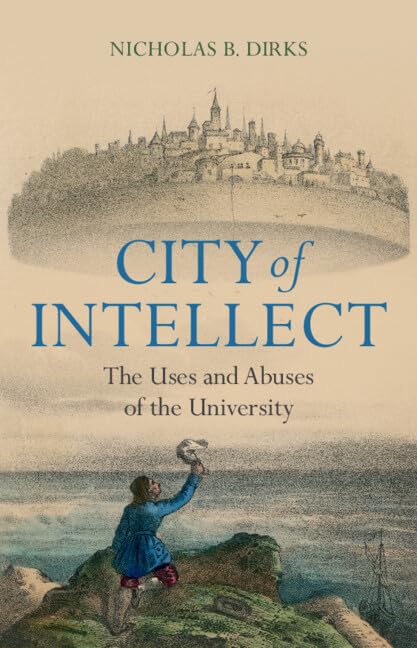City of Intellect: The Uses and Abuses of the University by Nicholas B. Dirks
I picked up this book upon a recommendation and review by Reid Hoffman in his Long Reids blog. Part memoir, part history, and part instruction, this recent book is a good read for those engaged in a university’s administration, governance, or strategic shifts.

The book and its discussion of the university’s legacy, centuries rather than decades old, and its struggle to evolve is as detailed as it is sometimes disappointing to read. The book begins as a memoir reflected in the way the pages progress, highlighting the author’s employment and administration at institutions such as Columbia and Berkley. It shifts, midway, to the history of the university, telling the story of the university’s formation, its jump across the Atlantic to the US, and continued evolution. Understanding the social, political and financial pressures the book shifts and ends with instructive contemplation.
I found the memoir portion segmented well across the author’s CV, but a bit long. Had Reid Hoffman’s blog not led me to a commitment to read the entire book, I very well might have abandoned it.
When the author shifted, however, to a Genealogy of the University about half-way through the book, I was mesmerized. This part is beautifully told, with the full value of the author’s experience in anthropology and administration.
The final third of the book provided contemplative (not directive) instruction for university and college administrators, faculty, and trustees to withstand the onslaught of politics and social pressures on the university.
The warnings are omnipresent in the book – the university will and must change, with or without the countering forces from seemingly the greatest opposers- faculty. And for all of their bluster, if American politicians truly care about the century of advances brought through higher education across America, then they must redefine their relationship with the university of tomorrow.